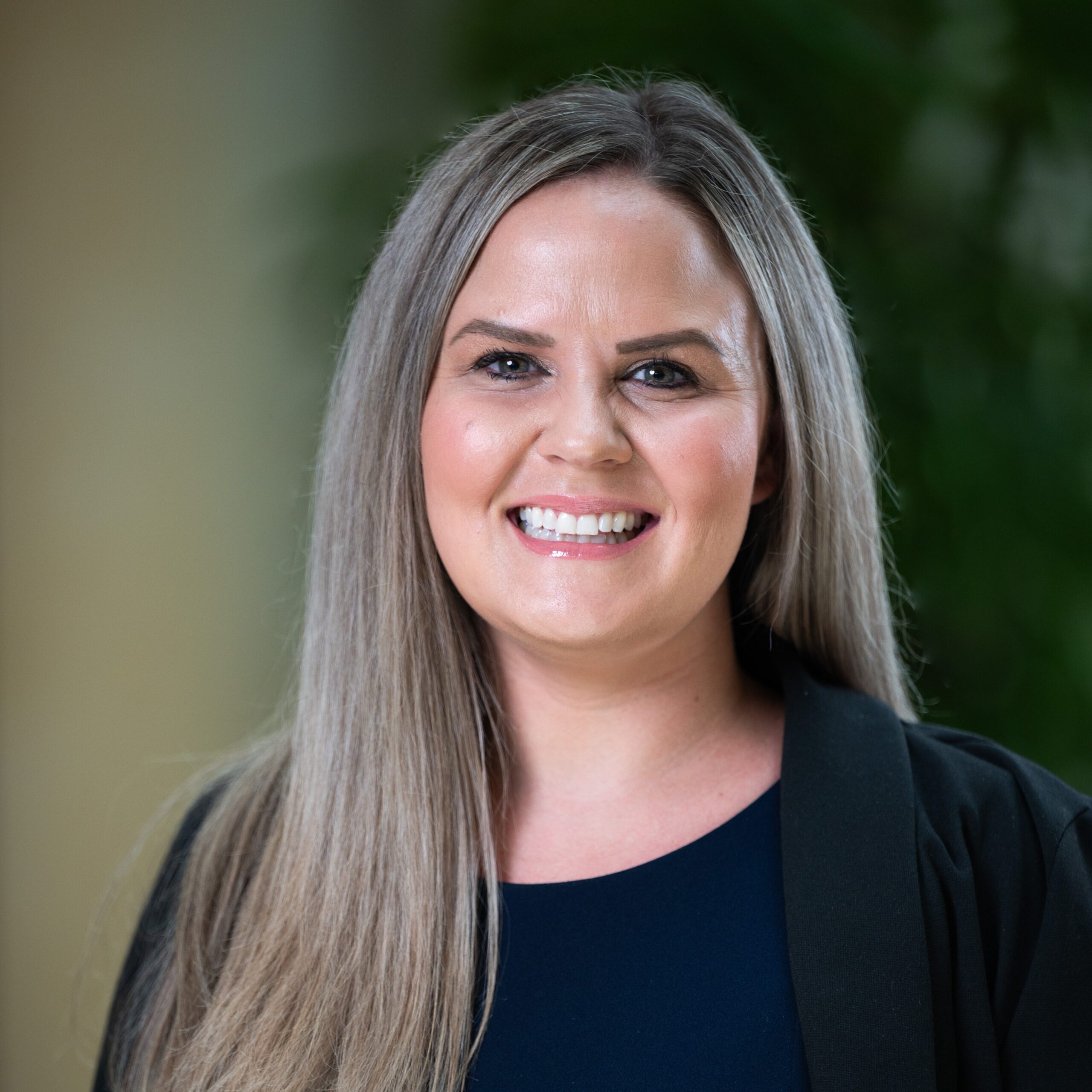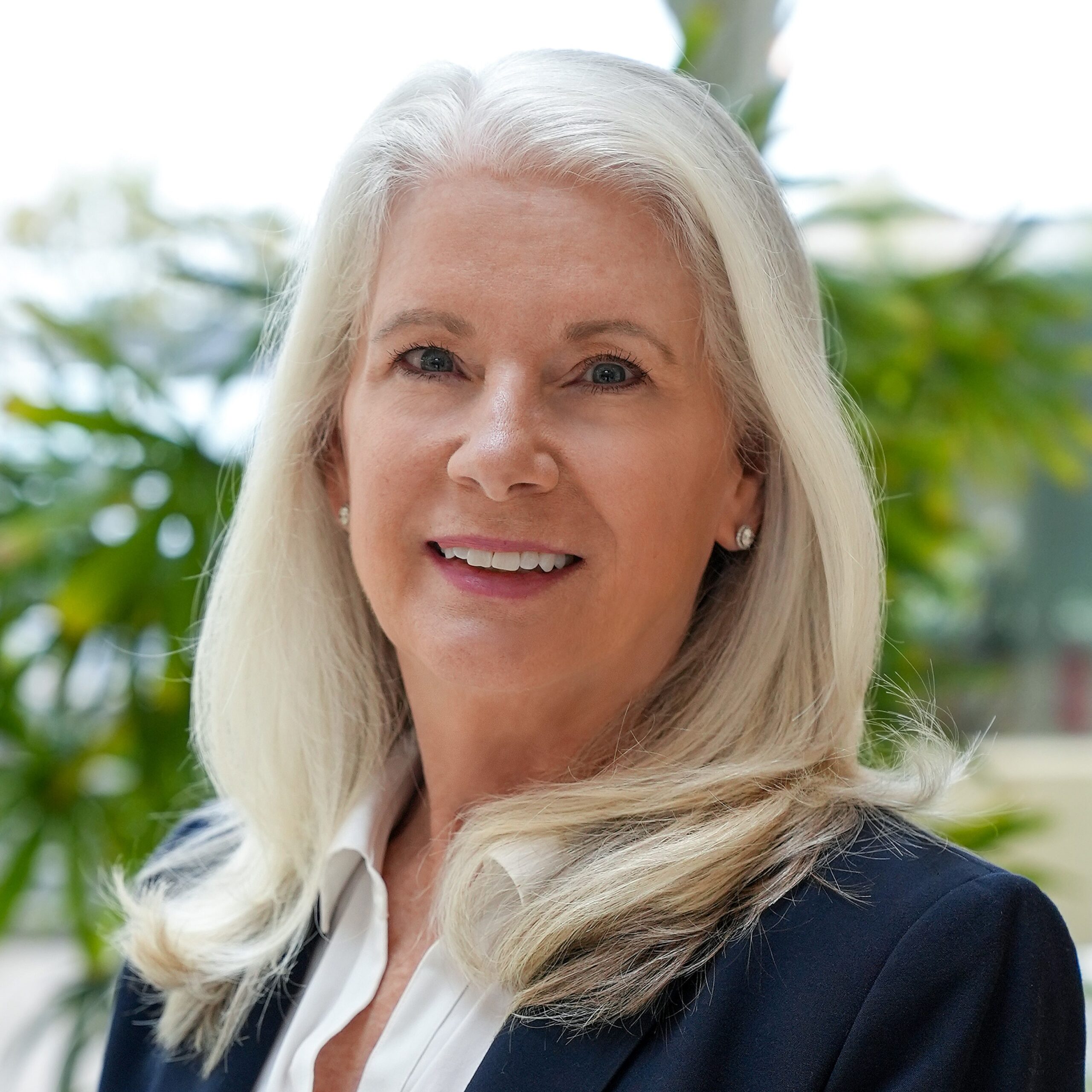USA Today Recognizes Jackson and Coker Locum Tenens as a Top Workplaces USA 2025 Winner
National top workplace recognition follows regional honor, driven by associate feedback. ALPHARETTA, Ga. (March 20, 2025) — Jackson and Coker Locum Tenens, a leader in healthcare staffing solutions, has been recognized by USA Today as a Top Workplaces USA 2025 award winner. Conducted by Energage, this top workplaces program has an 18-year history of surveying more …
USA Today Recognizes Jackson and Coker Locum Tenens as a Top Workplaces USA 2025 Winner Read More »

